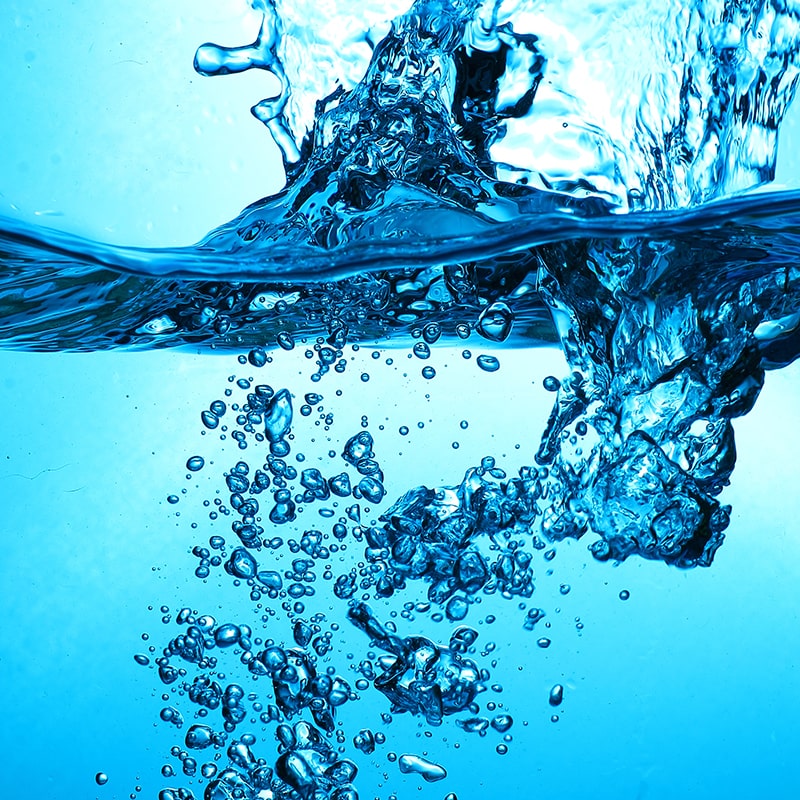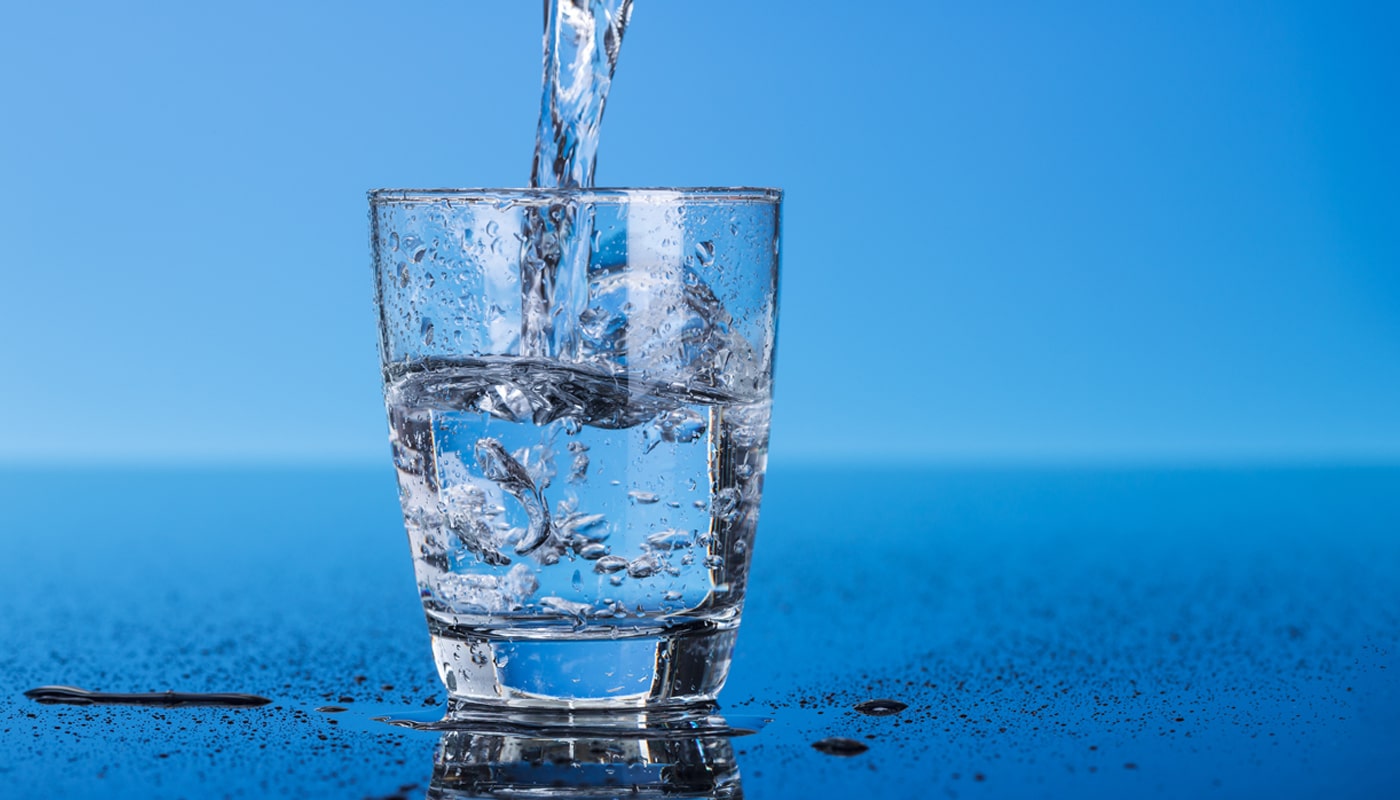Water is an essential element for life, but so many different types available, it can be hard to settle on the one that best suits your needs. There are plenty of options on the market with various benefits and drawbacks for both general consumption as well as specific purposes like CPAP machines. When choosing a type of water for sensitive medical equipment like your CPAP machine, it’s important to consider how different types of water might affect its function and lifespan.
Just like anything else, when it comes to your CPAP machine, you want the best of the best. As a CPAP user, you know that ensuring your equipment is clean and free of bacteria is essential to safe, effective treatment. You wouldn’t put dirty or impure water into your food, so with why would you put anything but the most purified water into your CPAP machine? Many users are not sure what constitutes purified water and how their machine can be affected by the type of water they’re using. Here we’ll take a look at three of the most important purification methods and help clear up any confusion about purified water for your CPAP machine.
What Exactly is Purified Water?
In basic terms, purified water is water that has been filtered mechanically or otherwise processed to remove impurities, making it suitable for human consumption. Distilled water is the most common form of purified water; however, other processes like capacitive deionization, reverse osmosis, carbon filtering, microfiltration, ultrafiltration, ultraviolet oxidation, or electro deionization have also been used in recent years. Purified water also has many practical uses apart from general drinking water mainly in the production of medicines, in science and engineering laboratories, and in various other industries like the commercial beverage industry as the primary ingredient of any trademarked bottling formula to maintain product consistency. It can be produced on-site for immediate use or be purchased in purified form from a variety of commercial suppliers.
Methods of Water Purification
Distillation
The process of distillation involves the boiling of water and then condensing the vapor back into a liquid, leaving behind the solid contaminants that may have been present in the original sample. This technique has been around since ancient times, but it remains one of the most effective methods of purified water production. Distillation produces exceptionally pure water, That, like all purified water must be stored in a sterilized container to guarantee the absence of bacteria. Distilled water is most often available in gallon jugs, but vapor distilled water by Aquapap is available in different sizes for your ease of use.
Deionization
Deionization is process that purifies water through an ion exchange. Deionized water (DI water) has had almost all of its mineral ions removed, including cations like sodium, calcium, iron, and copper, and anions such as chlorides and sulfates. Water is deionized using ion-exchange resins, which exchange hydrogen and hydroxide ions for dissolved minerals, then recombine to form water. DI water is generally as pure as distilled water and is typically used commercially in the cosmetic and pharmaceutical industries as well as for laboratory purposes. However, deionization does not remove uncharged organic molecules, bacteria, or viruses, except when incidentally trapped in resin. Removing gram-negative bacteria is possible with special resins made from strong base anion ions.
Carbon Filtration
Carbon filtration works by adsorption, in which pollutants in fluids are trapped in the pores of a carbon substrate. Because of the highly absorbent nature and porous surface area of activated carbon, this purification process is quite effective at removing organic chemicals and chemical disinfectants. Carbon filtration is also a proven technique for improving the taste and smell of water. Yet because it is ineffective at removing chemicals that are not attracted to carbon (like certain minerals and bacteria) it often must be used in conjunction with other purification methods
Which Type of Purified Water is Best for Your CPAP Machine?
So, what’s the verdict? All three types of purified water have their advantages, but if you’re looking for the best possible option for your CPAP machine and humidifier, we recommend vapor distilled water. It’s essential to use a type of purified water that will help reduce bacteria and mineral build-up in your device, and vapor distilled water is the clear choice. It’s affordable and does a great job at keeping your equipment running smoothly. Shop vapor distilled water from Aquapap today, and rest assured that you’re getting the highest quality product available.

